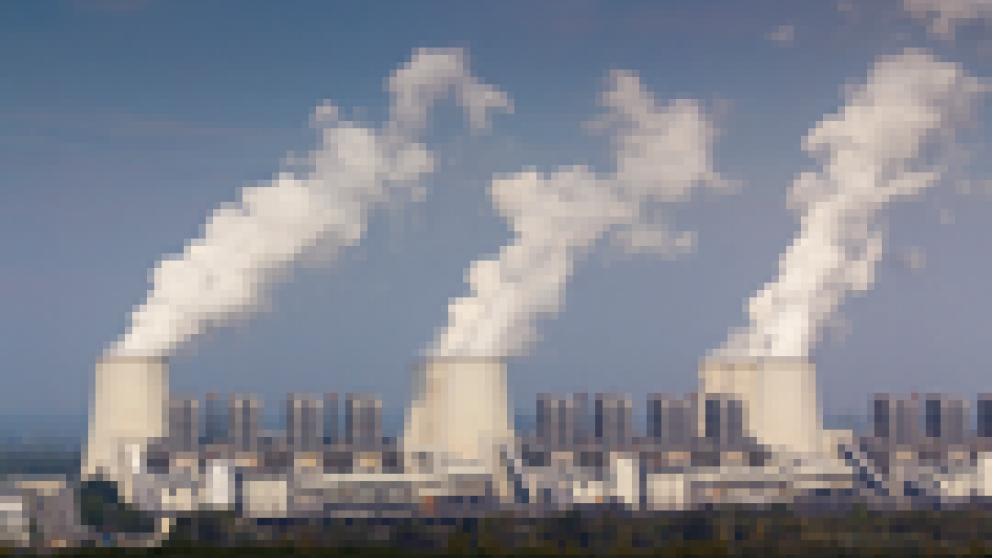Headline:
Climate Protection and Coal-Powered Energy: A Contradiction in Terms?

It is a profound contradiction that CO2 emissions have increased in recent years despite the expansion of renewable energies. This issue – the energy transition paradox – was recently discussed at an event organized by the Institute for Advanced Sustainability Studies (IASS Potsdam), the German Institute for Economic Research (DIW Berlin) and the Technical University Berlin (TU Berlin) involving 60 participants from politics, the energy industry, manufacturing, environmental protection groups and research institutes.
In her presentation “European Energy and Climate Policy: Where Do We Stand? Where Are We Going?” Professor Claudia Kemfert (DIW Berlin) highlighted the need for an ambitious reform of emissions trading in the EU. At the same time she emphasized that national measures to reduce CO2 emissions from power generation can be a useful addition to emission trading. Professor Christian von Hirschhausen (DIW Berlin/TU Berlin) proposed different strategies for reducing emissions in his presentation “Climate Protection and Coal-Powered Energy: An Overview of Instruments for Germany” , which could complement emissions trading. These include minimum energy efficiency standards and flexibility requirements for power plants. IASS Director Professor Klaus Töpfer and Dr. Dominik Schäuble (IASS) then explained how an internationally tested instrument – CO2 emission limit values for power plants – could be implemented in Germany. At the same time they discussed legal issues involved in the introduction of emissions limit values at the national level (IASS Working Paper April 2014: “CO2 Emissionsgrenzwerte für Kraftwerke”, only available in German).
During the discussion a number of participants made clear that a reduction in the CO2 emissions produced by German power plants can only be made if broad consensus on the reduction of the conversion of coal into electricity is achieved. At the same time it was emphasized that concrete options (e.g. CO2 emission limit values for power plants) can enrich the current political debate on the energy transition paradox and help overcome the problem that the discussions surrounding the energy transition have been largely restricted to the issue of electricity generation. Energy efficiency in the buildings sector also holds great potential but has been neglected in political debate.
Without additional measures Germany will fail to reach its goal of reducing emissions by 40% in comparison to 1990 levels by 2020. This was underlined by the Federal Ministry of the Environment in its recent kick-off paper for other federal departments and federal state--level institutions for the preparation of the “Action Program Climate Protection 2020“. Alongside other important topics, the potential for emissions reductions in electricity generation was emphasized here.
